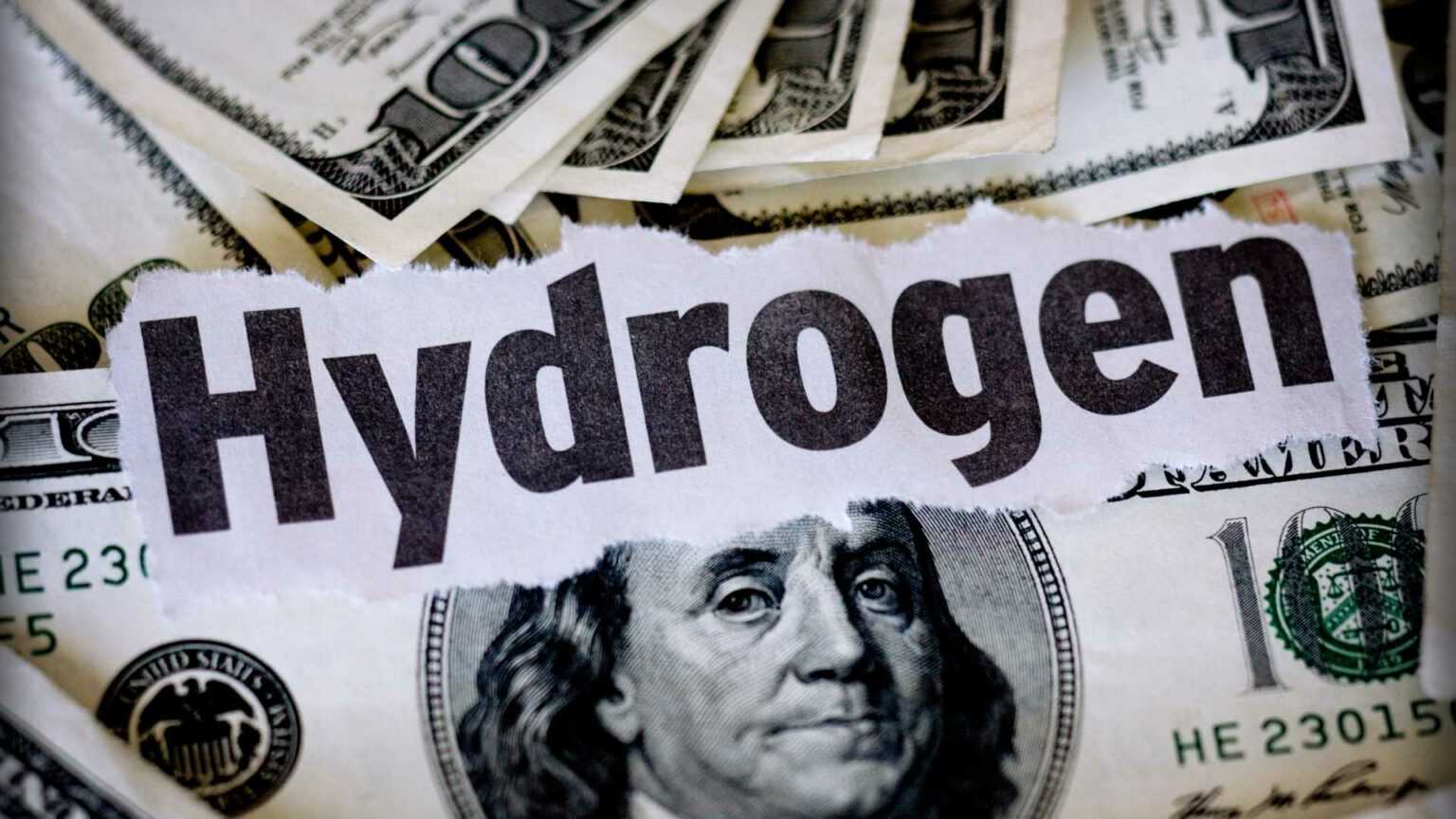The U.S. Department of Energy (DOE) has issued a notice of intent regarding potential funding to accelerate research, development, and demonstration (RD&D) efforts in clean hydrogen and fuel cell technologies.
The focus of the funding will be on advancing hydrogen production, enhancing infrastructure, and improving fuel cell technology to support national decarbonization goals. This initiative aligns with the U.S. National Clean Hydrogen Strategy and Roadmap, which aims to foster the development of affordable clean hydrogen for a net-zero carbon future, contributing to a sustainable and equitable economy.
Funding to Support Key Areas
The DOE’s Hydrogen and Fuel Cell Technologies Office (HFTO) will oversee this funding initiative, expected to target several critical areas. These include scaling up advanced hydrogen production methods, developing improved materials for hydrogen infrastructure, and creating vital components for fuel cells used in heavy-duty transportation. Additionally, the funding will support the demonstration of hydrogen fuel cell electric coach buses. These efforts will drive technological advancements and provide near-term support for large-scale industry investments, such as the DOE’s Regional Clean Hydrogen Hubs (H2Hubs) Program. By doing so, the funding aims to ensure the long-term viability of these hubs and other commercial-scale deployments.
Focus Areas for Development
The potential funding is likely to focus on several key areas of hydrogen and fuel cell technology:
- Photoelectrochemical (PEC) Water Splitting: The initiative will support the development of PEC water-splitting devices, which use low-cost, scalable techniques to produce hydrogen through water splitting.
- High-Performance Materials: Funding will go toward the development of advanced materials for hydrogen storage tanks that can withstand high-pressure and cryogenic conditions, as well as materials for hydrogen pipelines made from fiber-reinforced polymers.
- Heavy-Duty Transportation Applications: A key component of the funding will be dedicated to creating sustainable high-temperature proton exchange membranes and ionomers. These are essential components in fuel cells for heavy-duty vehicles, capable of operating at high temperatures (up to 120°C) without relying on harmful perfluorosulfonic acid.
- Hydrogen Fuel Cell Electric Motorcoach Buses: This area will focus on developing and demonstrating fuel cell electric motorcoach buses produced domestically. These buses will be designed for long-haul services, supporting the push for cleaner transportation options.
Funding Framework and Timeline
HFTO plans to offer financial assistance through cooperative agreements, with performance periods expected to range from two to four years. This long-term funding framework is designed to ensure that the various projects have adequate time and resources to meet their development goals, from production processes to infrastructure and application.
The DOE’s latest announcement demonstrates its commitment to advancing hydrogen and fuel cell technologies as part of a broader push toward decarbonization and the development of clean energy solutions. By supporting a range of innovative projects, this funding has the potential to drive significant progress across the clean hydrogen value chain.





